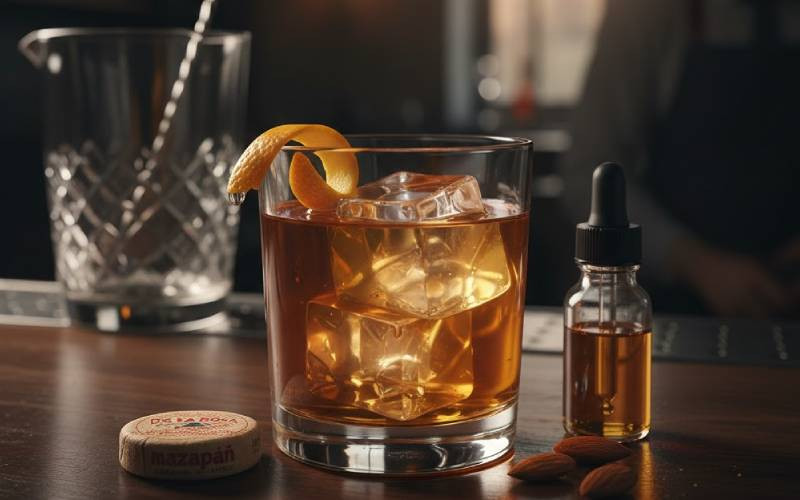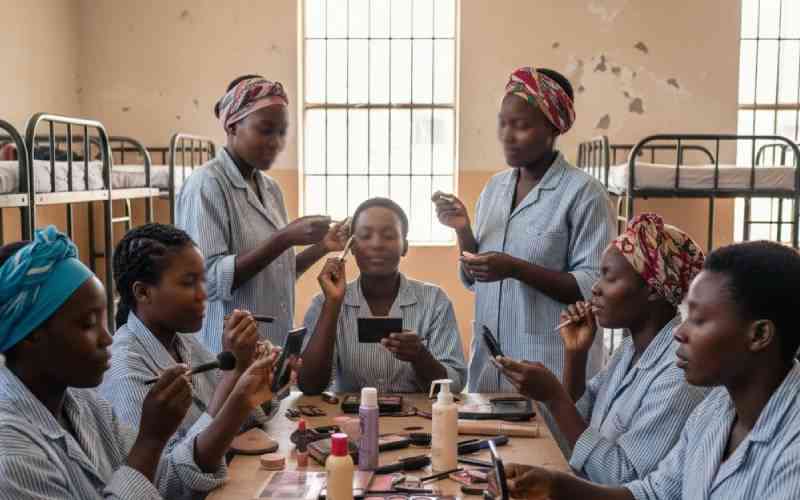
It all started with a glass of wine and before she knew it, she could hardly function without alcohol.
Enjoying a glass of wine with your dinner is one thing, but being unable to function, destroying your most valued relationships - either personal or professional because of a drink is another.
For Caroline Kagia, the battle with alcoholism has been devastating. It ruined both her professional and family relationships. It took a toll on her mental health.
“Counselling is something I took up after my struggle with alcoholism, which I battled for close to 20 years,” says Kagia.
When she was firmly on the path to recovery, she set up the Caroline Kagia Wellness Initiative, which she said was birthed out her own pain and struggles.
Women, she said, are often judged harshly and end up battling alcoholism in secret.
“Here, it is perceived that for a woman to be an alcoholic, she must be of loose morals,” Kagia said.
From her experiences, Kagia knew all too well how easy it is to slip into dependency, even as a woman from whom different traits are expected.
For Kagia, it all began as fun and games after high school. She took her first sip of liquor as a cheeky activity with friends.
But it spiraled out of control and she became a person her loved ones could barely recognise years later.
“It started when I was 19 years right after high school. For me, what started as fun times became something that went far beyond that. That’s where most people start to get involved with alcohol or smoking, it typically starts out as a ‘for fun’ thing. Very few people are able to draw the line, I being one of them,” she said.
Kagia described her 20-year battle with alcoholism as lengthy and gruelling. She at one point thought she would die.
“The turnaround came when I checked into rehab. But the journey between starting at 19 and checking into rehab at the age of 37 was quite a long time. I had to hit rock bottom in order to finally go to rehab. I went in voluntarily- I had reached a point where it was do or die.”
Her dad, she says is the one person who refused to give up on her.
“My dad has been very instrumental- he refused to give up on me. I had done the unimaginable to him; taking his things and losing them to shylocks to sustain my addiction, but he continued to be there for me. They think it’s only men who would do things like selling stuff from the house, but I did all that,” she recalled.
Kagia added: “I became a closet drinker whereby I would drink in the house. I was doing alcohol and cigarettes. I did cigarettes longer than I did alcohol- and I would do up to 40 sticks a day. That’s on the lower side because when I would drink I would do more. Those are around two packets.”
Kagia said that she felt she had let her parents down- after they made major sacrifices to send her to school.
“After form five and six, I got the privilege to go to Malaysia. While I was there, I toyed around with marijuana. But we had a complicated relationship so I left it. I stuck to cigarettes for a very long time.”

Now, as the addictions professional continues to work on herself, she said that many addicts can trace back the root of their dependency. “It has to come from somewhere.”
“For me, there were issues with my upbringing, and I had very low self-esteem growing up. I didn’t know that I had carried some of that stuff subconsciously. Getting into alcohol was my way of nursing what had been happening for so many years. That’s what happens to many people. Some of us start and don’t know how to come out of it,” she said.
Kagia says one of the best ways to stop a possible addiction before it begins is to be keen on one’s mental state and health.
“You have to be proactive. If you go through a traumatic experience, seek therapy. Don’t look for excuses, they turn into that addiction that you can’t stop. For most people struggling with addiction, it started as a joke. And now they can’t come out of it. You feel so ashamed that you don’t know how to address this issue.”
To help her clients know whether they have a problem or not, Kagia says she uses the ‘cage test’.
“C stands for cut down. Have you tried to cut down on your drinking and been unable? A stand for anger. Have you been angry at yourself or have people being angry at you because of your levels of drinking? G is for guilt. Do you feel guilty every time you go to take a drink? E is for eye-opener. It’s typically called ‘kutoa lock’. Do you find yourself having to take a drink in the morning?”
“If you fit into any of those four letters, then there is a problem and you are likely borderline alcoholic,” she says.
 The Standard Group Plc is a multi-media organization with investments in media
platforms spanning newspaper print
operations, television, radio broadcasting, digital and online services. The
Standard Group is recognized as a
leading multi-media house in Kenya with a key influence in matters of national
and international interest.
The Standard Group Plc is a multi-media organization with investments in media
platforms spanning newspaper print
operations, television, radio broadcasting, digital and online services. The
Standard Group is recognized as a
leading multi-media house in Kenya with a key influence in matters of national
and international interest.










